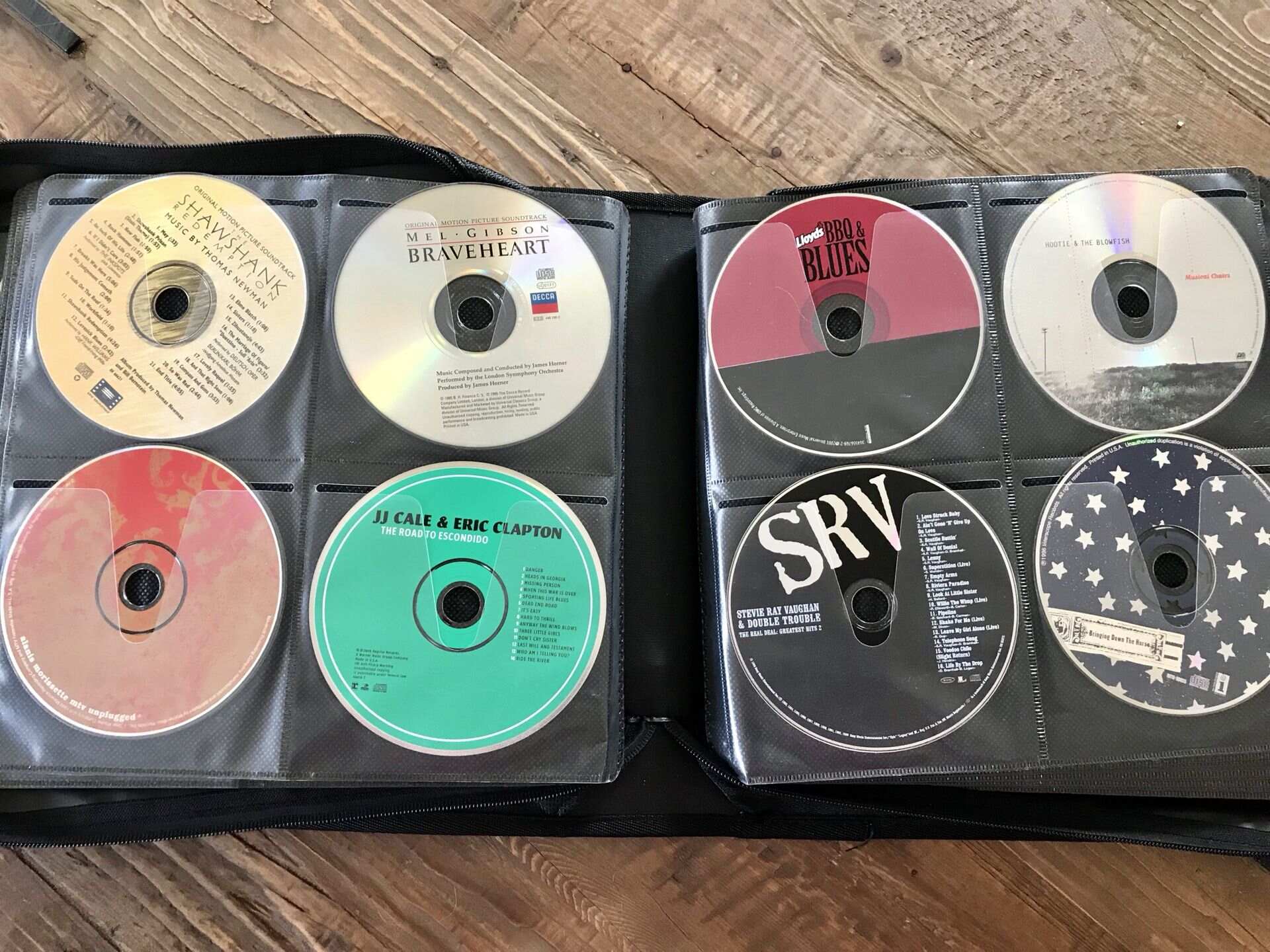

Articles
How To Store Cds Without Cases
Modified: May 6, 2024
Looking for the best ways to store CDs without cases? Check out our informative articles for practical tips on preserving and organizing your CD collection.
(Many of the links in this article redirect to a specific reviewed product. Your purchase of these products through affiliate links helps to generate commission for Storables.com, at no extra cost. Learn more)
Introduction
CDs (Compact Discs) have been a popular medium for storing and playing music, movies, and software for decades. However, as technology advances, the need for physical media is diminishing, and many people are opting to store their media in digital formats. But what about those who still have a collection of CDs and want to keep them safe and organized?
In this article, we will explore the various methods and benefits of storing CDs without their original cases. Whether you’re looking to save space, protect your CDs from damage, or simply want a more streamlined storage solution, we’ve got you covered. So let’s dive in!
Key Takeaways:
- Storing CDs without their original cases offers space-saving, organization, and protection benefits. Whether using CD sleeves, binders, storage boxes, DIY solutions, or digital formats, there’s a method to suit every preference and need.
- When storing CDs without cases, handle them with care, clean them regularly, and choose a suitable storage location. Whether opting for CD sleeves, binders, storage boxes, DIY solutions, or digital formats, prioritize organization and protection to preserve your CD collection.
Read more: How To Store Cds With Cases
Why store CDs without cases?
Storing CDs without their original cases can offer several advantages over traditional storage methods. Here are some reasons why you might consider storing your CDs without cases:
- Space-saving: CD cases can take up a significant amount of space, especially if you have a large collection. By removing the cases, you can free up valuable shelf space and make your storage area more compact.
- Easier organization: Without cases, CDs can be stored and organized more efficiently. You can arrange them alphabetically, by genre, or any other system that suits your preferences, making it easier to locate specific discs when you need them.
- Damage prevention: CD cases are not always the most durable, and over time, they can become scratched or cracked, potentially damaging the discs inside. Storing CDs without cases can reduce the risk of physical damage and prolong the lifespan of your collection.
- Portability: Carrying around a large number of CD cases can be bulky and inconvenient, especially if you’re traveling or moving. Storing CDs without cases can make your collection more portable, allowing you to bring your favorite music or movies with you wherever you go.
- Quick access: Having your CDs stored without cases means you can easily access and switch between discs without the hassle of opening and closing individual cases. This can be particularly beneficial if you frequently use your CDs for DJing, creating mixtapes, or other activities that require quick CD changes.
While storing CDs without cases may not be for everyone, it can be a practical and efficient solution for those looking to save space, protect their discs, and improve overall accessibility. Now let’s delve into the specific benefits of storing CDs without cases.
Benefits of storing CDs without cases
Storing CDs without their original cases offers a range of benefits that can enhance your overall CD storage experience. Here are some advantages you can enjoy:
- Space optimization: By removing the bulky CD cases, you can significantly save space. This is particularly useful if you have a large collection and limited storage area.
- Improved organization: Storing CDs without cases allows for more efficient organization. You can use CD sleeves, binders, or storage boxes to categorize and alphabetize your collection, making it easier to locate specific CDs quickly.
- Protection from scratches: CD cases can accumulate scratches over time, especially if they are not handled carefully. Storing CDs without cases reduces the risk of scratches, as the CDs will not rub against the case or other CDs.
- Reduced risk of breakage: CD cases are prone to cracking or breaking, particularly if they are dropped or mishandled. Removing the cases eliminates this risk, ensuring that your CDs remain intact.
- Portability: Storing CDs without cases makes your collection more portable. You can carry a selection of CDs in a compact storage solution like a binder or sleeve wallet, making it convenient to bring your CDs on the go.
- Easier cleaning: Without the cases, cleaning your CDs becomes a breeze. You can simply wipe the discs with a soft cloth without having to navigate around the edges of a case.
- Visual appeal: Storing CDs without cases can give your collection a sleek and minimalist look. The absence of bulky cases can make your storage area appear neater and more visually appealing.
It is important to note that when storing CDs without cases, you should handle them with care to avoid any potential damage. Make sure to keep them in a clean and dust-free environment to preserve their quality.
Now that you understand the benefits of storing CDs without cases let’s dive into the precautions you should take before adopting this storage method.
Precautions before storing CDs without cases
While storing CDs without their original cases can offer many advantages, it is essential to take certain precautions to ensure the safety and longevity of your CD collection. Here are some precautions you should consider:
- Clean and inspect: Before storing your CDs without cases, make sure to clean them thoroughly. Use a soft, lint-free cloth to remove any dust or debris. Additionally, inspect each CD for scratches or damage that could affect playback.
- Choose a suitable storage location: Select a storage area that is cool, dry, and away from direct sunlight. Exposure to heat, humidity, or UV radiation can harm the CDs and degrade the quality of the data stored on them.
- Invest in protective sleeves: To provide an extra layer of protection, consider using individual CD sleeves or envelopes. These sleeves help prevent scratches and dust accumulation while keeping the CDs organized and easily accessible.
- Handle with care: When handling CDs without cases, be mindful of how you hold them. Avoid touching the shiny surface of the disc to minimize the risk of fingerprints or smudges that can affect playback. Hold the CDs by their edges or place them on a soft surface when not in use.
- Avoid extreme temperatures: Extreme temperatures, both hot and cold, can cause the CDs to warp or become brittle. Store your CDs in an environment with stable temperatures to protect them from potential damage.
- Store vertically: When storing CDs without cases, it is best to store them vertically to minimize the chances of warping or bending. This positioning also allows for easier browsing and access to specific discs.
- Label CDs clearly: Maintain proper organization by labeling your CDs. You can use adhesive labels or permanent markers to mark the title, artist, or any other relevant information on the disc surface or sleeve to easily identify them.
By following these precautions, you can ensure the longevity and quality of your CD collection even when storing them without their original cases. With the necessary measures in place, let’s explore the different storage methods available for CDs.
Choosing the right storage method for CDs
When it comes to storing CDs without their original cases, there are several storage methods to consider. The choice depends on your personal preferences and the size of your CD collection. Here are some popular options:
- CD sleeves or envelopes: CD sleeves or envelopes are a simple and cost-effective storage solution. These thin plastic or paper sleeves are designed to hold a single CD and provide protection against scratches and dust. They are ideal for those with limited space or those who want a portable storage option. CD sleeves can be stored in a drawer, on a shelf, or in a binder.
- Binders: CD binders are a popular choice for organizing and storing CDs without their cases. These binders come with plastic sleeves or pockets where you can insert the CDs. Binders offer easy access, efficient storage, and the ability to categorize and label the CDs. They are also portable, making them great for travel or DJing.
- CD storage boxes: If you prefer a more traditional approach, CD storage boxes can be a suitable option. These boxes are designed to hold CDs in an upright position, similar to how they would be stored in a case. CD storage boxes are often made of sturdy materials like plastic or wood and can be stacked or placed on a shelf. They offer easy access and allow for organization based on genre or other criteria.
- DIY storage solutions: For those who enjoy getting creative, DIY storage solutions can be a fun and personalized way to store CDs without cases. You can repurpose various containers like shoeboxes, decorative baskets, or even repurposed furniture to create unique CD storage solutions that match your style and preferences.
When choosing a storage method, consider factors such as space availability, portability, and ease of access. It is also important to ensure that your chosen storage method provides adequate protection against dust, scratches, and other potential hazards.
Ultimately, the right storage method is one that suits your needs and allows you to keep your CDs organized, safe, and easily accessible. Now that you have a better understanding of the storage options available, let’s explore each method in more detail.
Read more: How To Store Contacts Without Case
Method 1: Using CD sleeves or envelopes
CD sleeves or envelopes are a simple yet efficient storage method for keeping CDs without their original cases. These sleeves are typically made of thin plastic or paper and are designed to hold a single CD.
Here’s how you can use CD sleeves or envelopes to store your CDs:
- Start by removing the CD from its original case. Inspect the CD for any dirt or smudges and clean it using a soft, lint-free cloth if necessary.
- Slide the CD into the opening of the sleeve or envelope. Make sure the CD is fully inserted and held securely in place.
- If desired, you can label the sleeve or envelope with the title, artist, or any other relevant information to easily identify the CD.
- Repeat this process for each CD in your collection, ensuring that they are stored securely in separate sleeves or envelopes.
- Once your CDs are stored in sleeves or envelopes, you can organize them in a variety of ways. You can alphabetize them, sort them by genre or artist, or create your own categorization system that suits your preferences.
- Store the sleeves or envelopes in a drawer, on a shelf, or in a binder specifically designed to hold CD sleeves. This will keep your CDs protected from dust, scratches, and other potential damage.
CD sleeves or envelopes are a space-saving storage solution that provides easy access to your CDs. They are also portable, making them ideal for travel or on-the-go use. However, it is important to handle the sleeves with care to avoid any accidental damage to the CDs or the sleeves themselves.
Now that you’ve learned about using CD sleeves or envelopes, let’s explore another method of storing CDs without cases: using binders.
Store CDs without cases by placing them in a CD binder or storage sleeves to save space and protect them from dust and scratches. Label the binder or sleeves for easy organization.
Method 2: Storing CDs in binders
Storing CDs in binders is a popular and convenient method for organizing and accessing your CD collection without their original cases. CD binders are designed with plastic sleeves or pockets where you can insert the CDs.
Here’s a step-by-step guide on how to store CDs in binders:
- Purchase a CD binder that suits your needs. Look for binders with sturdy construction and enough capacity to hold your CD collection. You can find binders in various sizes, such as 100 CD, 200 CD, or even larger options for larger collections.
- Take each CD out of its original case and inspect it for any dirt or smudges. Use a soft, lint-free cloth to clean the CD if necessary.
- Open the CD binder and locate the plastic sleeves or pockets. Slide the CD into a sleeve, making sure it is fully inserted and held securely in place. Repeat this process for each CD in your collection.
- If desired, you can create labels or index cards with the CD titles, artists, or any other relevant information to easily identify the CDs. Insert these labels into the sleeves next to each CD.
- Organize the CDs in the binder based on your preferred system. You can alphabetize them, sort them by genre, or create your own categorization method. Make sure to leave some empty sleeves for future additions to your collection.
- Close the binder securely. Some binders have a zipper or clasp to keep the CDs protected and prevent them from slipping out.
Storing CDs in binders offers several benefits. It allows for easy organization, quick access to specific CDs, and compact storage. Binders are also portable, making them convenient for travel or DJing.
One thing to keep in mind when using binders is that the CDs should be handled with care to avoid any scratches or damage. Ensure that the binder is stored in a cool, dry place away from direct sunlight to preserve the quality of the CDs.
Now that you’ve learned about storing CDs in binders, let’s move on to another method: utilizing CD storage boxes.
Method 3: Utilizing CD storage boxes
If you prefer a more traditional storage method for your CDs without their original cases, utilizing CD storage boxes can be a practical and organized solution. CD storage boxes are specifically designed to hold CDs in an upright position, similar to how they would be stored in a case.
Here’s a step-by-step guide on how to utilize CD storage boxes:
- Choose a CD storage box that suits your needs. Look for boxes that are made of sturdy materials like plastic or wood, with dividers to keep the CDs upright and organized. Consider the size of your CD collection and choose a box that can accommodate all your CDs.
- Remove the CDs from their original cases and inspect them for any dirt or smudges. Use a soft, lint-free cloth to clean the CDs if necessary.
- Place the CDs upright in the storage box, aligning them with the dividers or slots. Make sure the CDs fit snugly and are held securely in place.
- As you place each CD in the box, you can create labels or use index cards to note the CD titles, artists, or any other relevant information. Attach or place these labels next to or on top of the corresponding CDs for easy identification.
- Once all the CDs are in the storage box, you can organize them based on your preferred system. Sort them alphabetically, by genre, or any other categorization method that makes sense to you.
- Keep the CD storage box in a cool, dry place away from direct sunlight to protect the CDs from heat and potential damage.
CD storage boxes provide a classic and visually appealing method of storing CDs without their cases. They are durable and offer easy access to your collection. Additionally, CD storage boxes can be stacked or placed on a shelf, making them suitable for any storage space.
Remember to handle the CDs with care when placing them in the storage box to prevent any scratches or damage. Regularly dust and clean the storage box to maintain a clean and organized collection.
Now that you’ve explored utilizing CD storage boxes, let’s move on to another method: DIY storage solutions for CDs.
Method 4: DIY storage solutions for CDs
If you enjoy getting creative and want to personalize your CD storage solution, DIY options can be a fun and unique way to store your CDs without their original cases. You can repurpose various containers or create your own storage solutions that match your style and preferences.
Here are some creative DIY storage ideas for your CDs:
- Shoebox storage: Repurpose a sturdy shoebox by adding dividers or small compartments to hold the CDs. You can create dividers using cardboard or foam board, cutting slots or compartments to fit the CDs. Label the dividers to keep the CDs organized.
- Decorative baskets: Choose decorative baskets with compartments or dividers that can accommodate your CDs. Arrange the CDs in the compartments and place the baskets on a shelf or in a designated storage area. This option adds a touch of style to your CD storage.
- Wall-mounted organizers: Utilize wall-mounted organizers or racks that have slots or compartments for CDs. These organizers can be easily installed on a wall, providing a space-saving and visually appealing storage solution.
- Repurposed furniture: Find furniture items, such as old drawers or cabinets, that can be repurposed as CD storage. Remove any existing compartments or dividers and customize them to fit the CDs. This option allows for larger storage capacity and adds a unique touch to your space.
When creating your DIY storage solution, consider the size of your CD collection and the space you have available. Ensure that the CDs are held securely and protected from scratches and dust. Labeling the storage compartments or dividers can help you easily locate and identify specific CDs.
Remember to handle the CDs with care when placing them in the DIY storage solution to avoid any accidental damage. Keep your DIY storage solution in a suitable environment, away from extreme temperatures and direct sunlight, to preserve the CDs’ quality.
By utilizing DIY storage solutions, you can personalize your CD storage experience while showcasing your creativity. Now that you’ve explored these methods, let’s discuss storing CDs without cases in digital formats.
Read more: How To Store DVDs Without Cases
Storing CDs without cases in digital formats
In today’s digital age, many people prefer to store their CDs without cases by converting them into digital formats. This allows for easy access and eliminates the need for physical storage space. Here are some options for storing CDs in digital formats:
- Rip CDs to your computer: Use CD ripping software to convert your CDs into digital files on your computer. This process involves extracting the audio or data from the CD and saving it as a digital file, such as MP3 or FLAC. Once the files are saved on your computer, you can organize and store them in folders based on your preferred system.
- Upload to cloud storage: If you want to ensure your digital files are accessible from any device, consider uploading them to cloud storage platforms. Services like Google Drive, Dropbox, or iCloud provide secure storage for your digital files, allowing you to access them from various devices such as smartphones, tablets, or computers.
- Create backup copies: It’s always a good idea to create backup copies of your digital files. Store the backup copies on an external hard drive, USB drive, or another secure storage device. This ensures that even if you lose access to your primary digital files, you have a backup copy available.
- Organize your digital collection: Once your CDs are converted into digital files, you can organize them using media management software. These applications allow you to add metadata, such as album name, artist, and genre, to your files, making it easier to search and navigate your digital collection.
- Streaming services: Another option is to subscribe to streaming services like Spotify, Apple Music, or Amazon Music. These services provide access to vast music libraries, allowing you to stream your favorite albums and tracks without the need for physical media.
Storing CDs in digital formats offers numerous benefits. It eliminates clutter, allows for easy access from various devices, and provides the option to create personalized playlists or music libraries. However, it’s essential to consider the storage capacity of your devices or cloud storage plan to ensure you have enough space to accommodate your entire CD collection.
When storing CDs in digital formats, it’s important to keep your files organized and regularly back them up to prevent any data loss. Additionally, ensure that you have the necessary permissions and licenses to store and access the digital versions of your CDs.
Now that you’ve explored storing CDs without cases in a digital format, let’s summarize what we’ve discussed in this article.
Conclusion
Storing CDs without their original cases can offer numerous advantages, including space optimization, easy organization, and protection from damage. Whether you choose to use CD sleeves, binders, storage boxes, DIY solutions, or opt for digital formats, there are storage methods to suit everyone’s preferences and needs.
CD sleeves or envelopes provide a space-saving and portable option, while binders offer efficient organization and quick access to your CD collection. CD storage boxes provide a traditional and visually appealing storage solution, and DIY options allow for personalized and creative storage solutions. Storing CDs in digital formats offers the convenience of easy access and eliminates the need for physical storage space.
Whichever method you choose, it’s important to handle the CDs with care, clean them regularly, and store them in a suitable environment to preserve their quality. Organizing and labeling your CDs will help you quickly find what you’re looking for and maintain an organized collection.
Consider your specific requirements, such as available space, portability, and the size of your CD collection when choosing a storage method. It’s also important to protect the CDs from scratches, dust, and extreme temperatures.
Whether you’re a music enthusiast, movie lover, or software collector, finding the right storage method for your CDs without cases will allow you to enjoy your collection while keeping it safe and organized.
Remember, the goal is to create a storage solution that suits your needs and preferences while ensuring the longevity of your CDs. So go ahead and explore the different methods, get creative, and find the perfect way to store your CDs without their cases!
Excited to take your CD storage to the next level? Whether you're a music enthusiast or just looking to declutter, finding the right storage solutions is key. After mastering the basics of storing CDs without cases, why not consider specialized organizers? Dive into our detailed guide on the best CD storage binders, perfect for keeping your collection accessible and in pristine condition. With practical tips and top recommendations, you'll find the ideal binder to suit your needs. Isn't it time to get your tunes in order?
Frequently Asked Questions about How To Store Cds Without Cases
Was this page helpful?
At Storables.com, we guarantee accurate and reliable information. Our content, validated by Expert Board Contributors, is crafted following stringent Editorial Policies. We're committed to providing you with well-researched, expert-backed insights for all your informational needs.





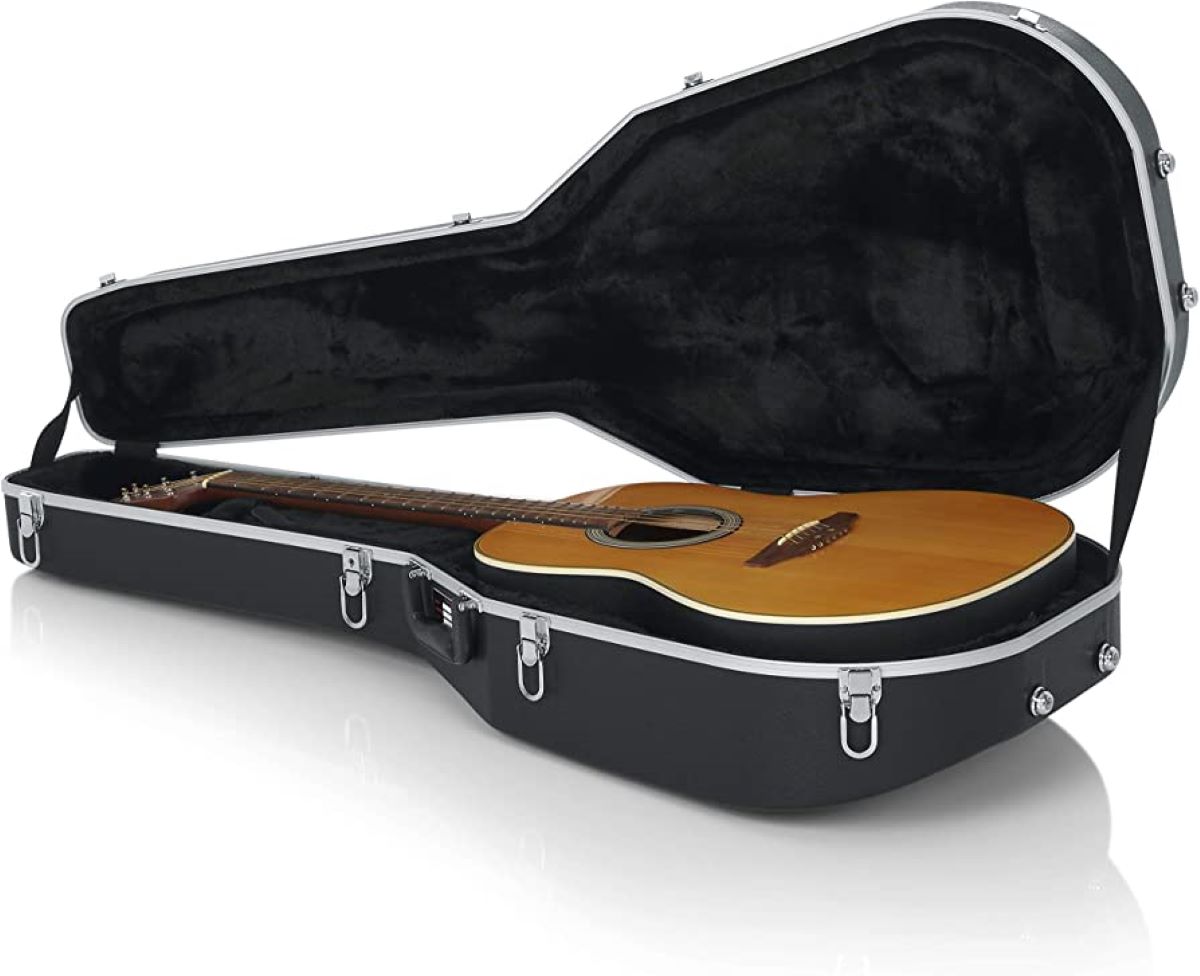

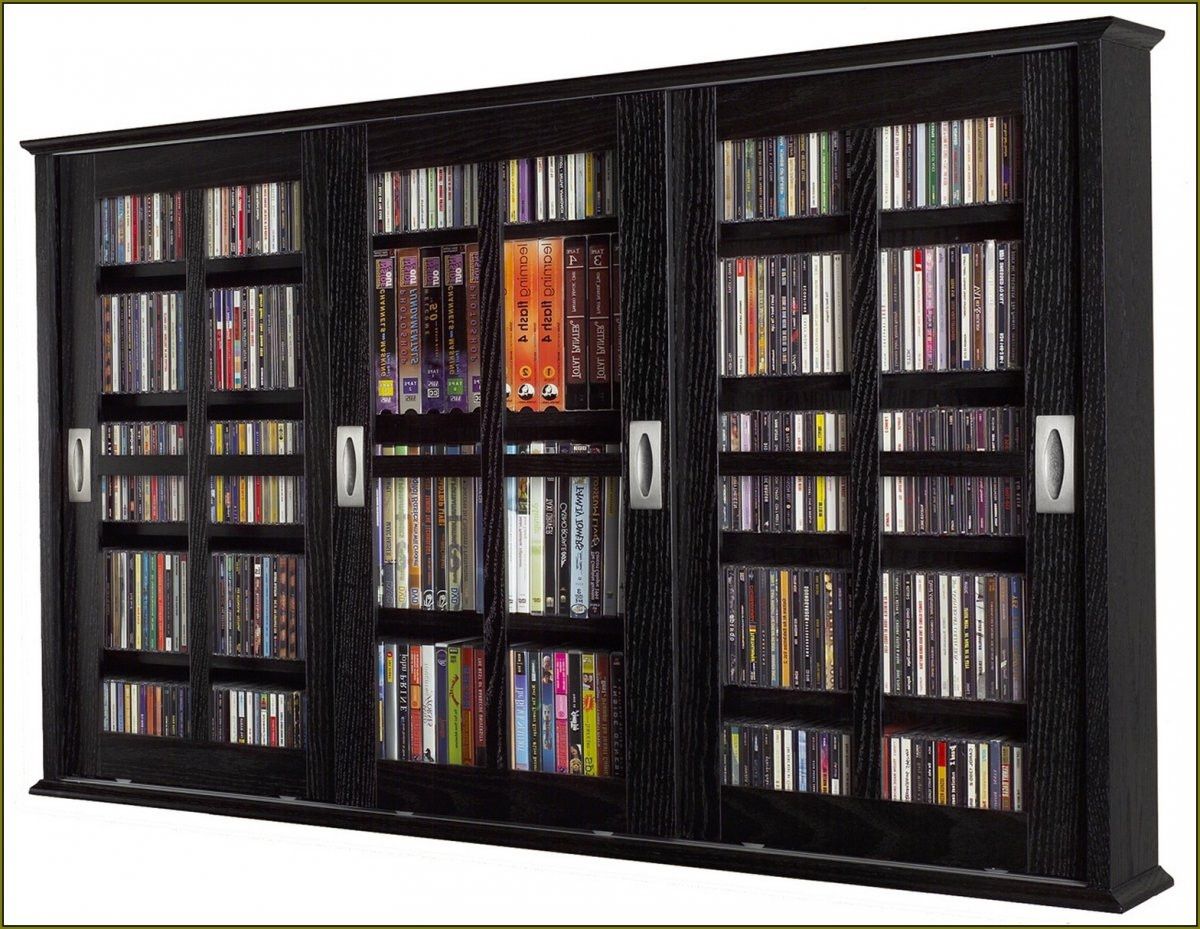
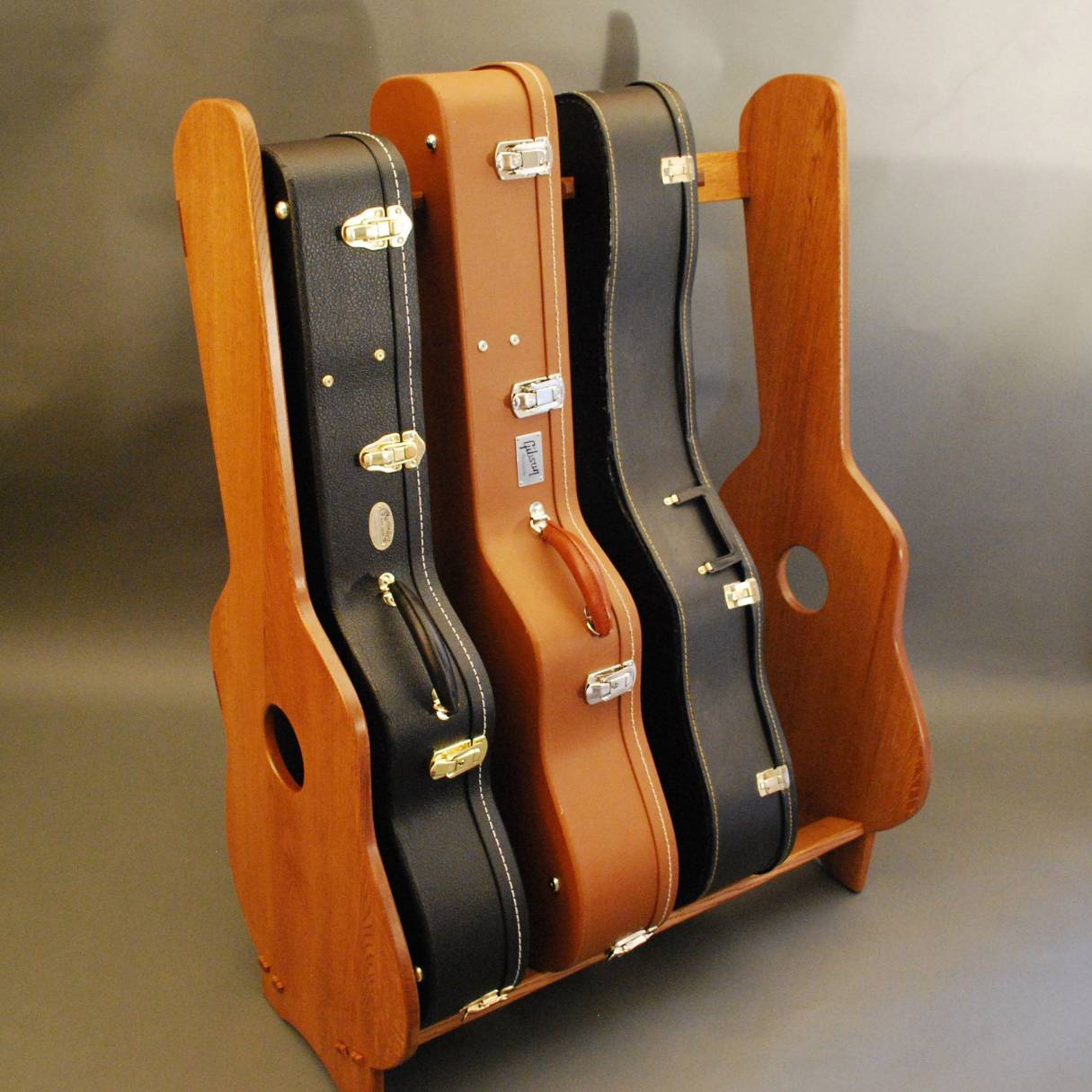
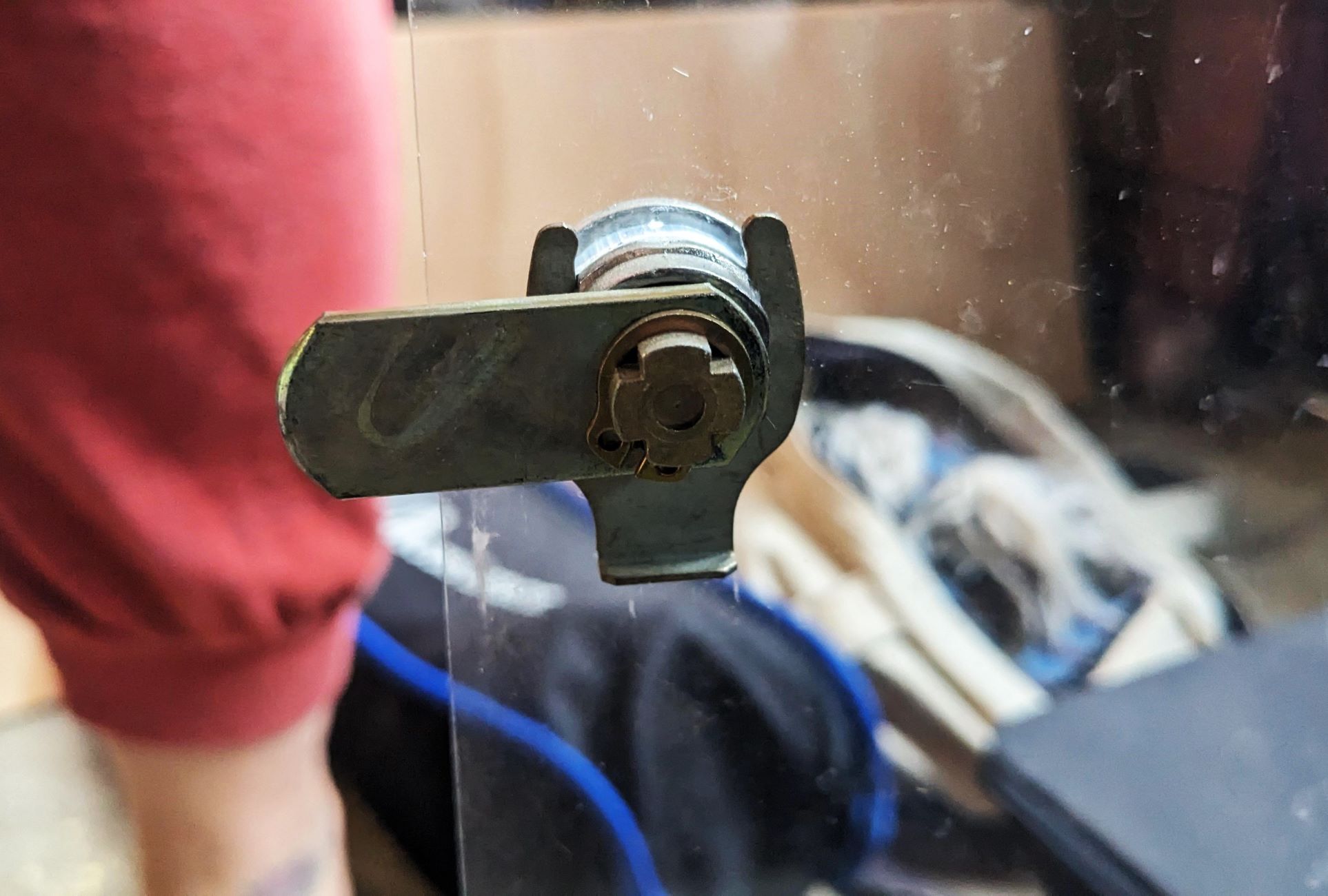


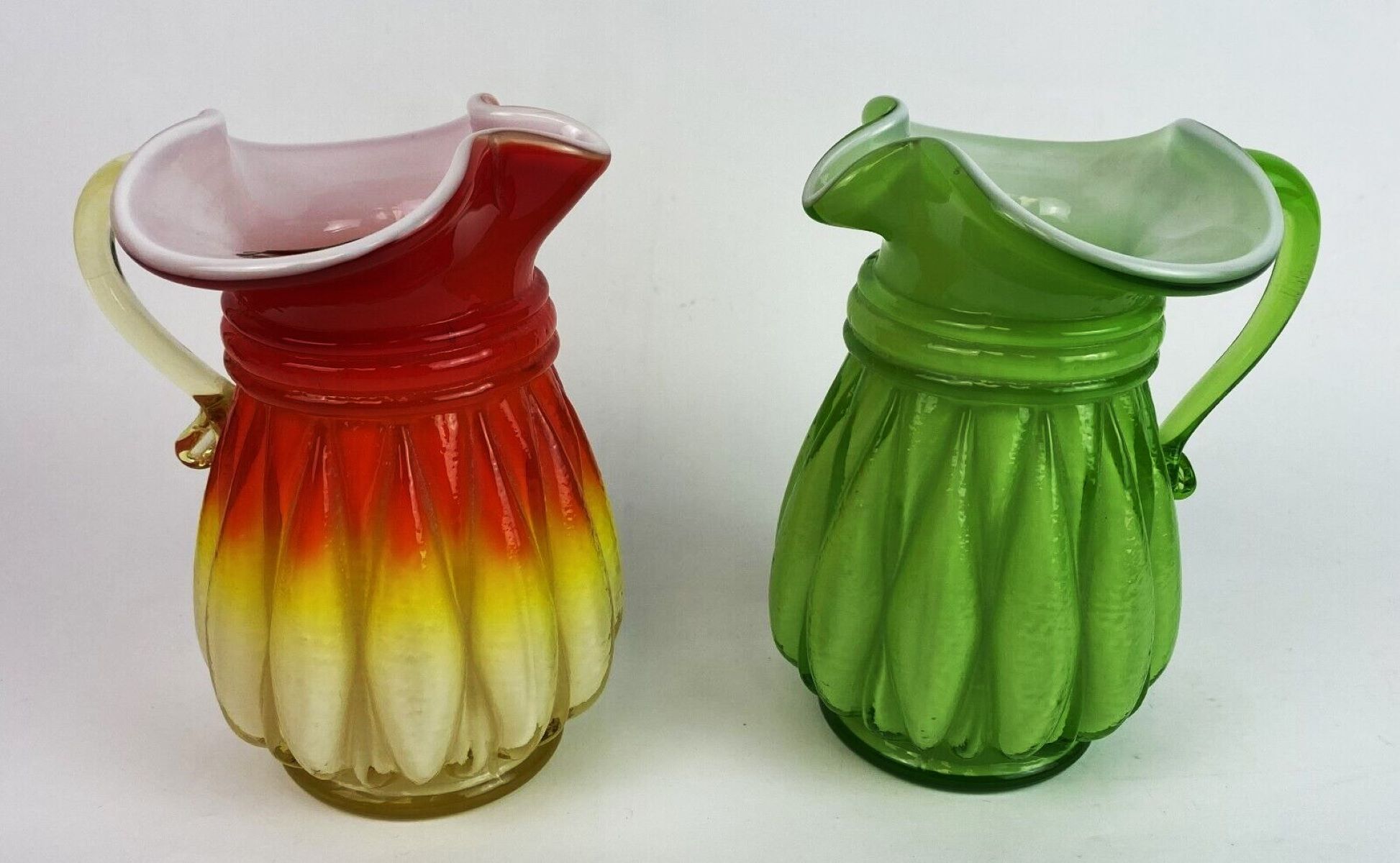

0 thoughts on “How To Store Cds Without Cases”